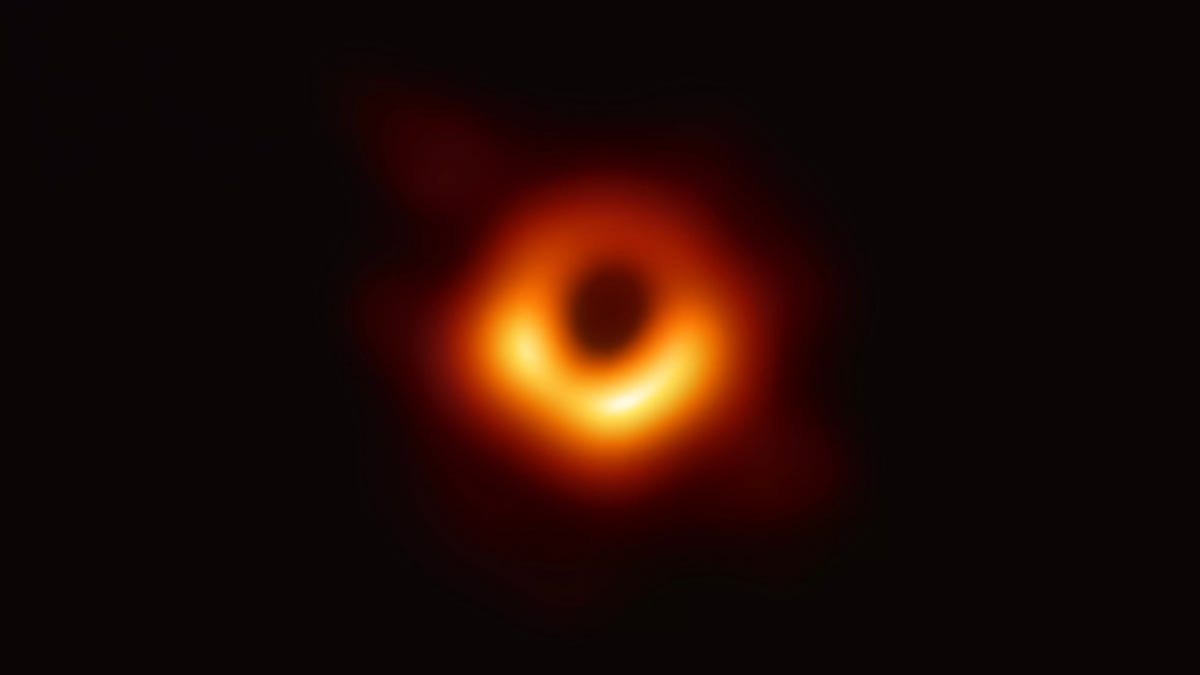Scientists who captured first black hole image win $3 million prize
A team of 347 people will share a prize in what's known as the "Oscars of Science."

The group of scientists who brought us the first image of a black hole has been awarded a major physics prize.
The team of scientists who captured the first image of a black hole has received a $3 million Breakthrough prize in fundamental physics, the organization behind the awards said Thursday. The prizes, known as the "Oscars of Science," recognize the world's top scientists in various categories.
In April, scientists from the Event Horizon Telescope collaboration showed us the first direct image of a black hole. The data behind creating the image was equal to the number of selfies 40,000 people might take in their lifetimes. It was a major scientific moment because it could either confirm or raise questions about Albert Einstein's theories of gravity that are critical to how we understand the universe and laws of physics.
The EHT involved eight radio telescopes in several locations to observe the galaxy Messier 87 and the black hole at its center.
The $3 million prize will be split between the 347 scientists on the team.
The Breakthrough prizes recognize top scientists in fields including life sciences, fundamental physics and math. The prizes, which totaled $21.6 million this year, are sponsored by Silicon Valley execs like Facebook CEO Mark Zuckerberg and Google co-founder Sergey Brin .
Winners will be recognized at a ceremony on Nov. 3 at NASA Ames Research Center in Mountain View, California, which'll be broadcast live on National Geographic.

